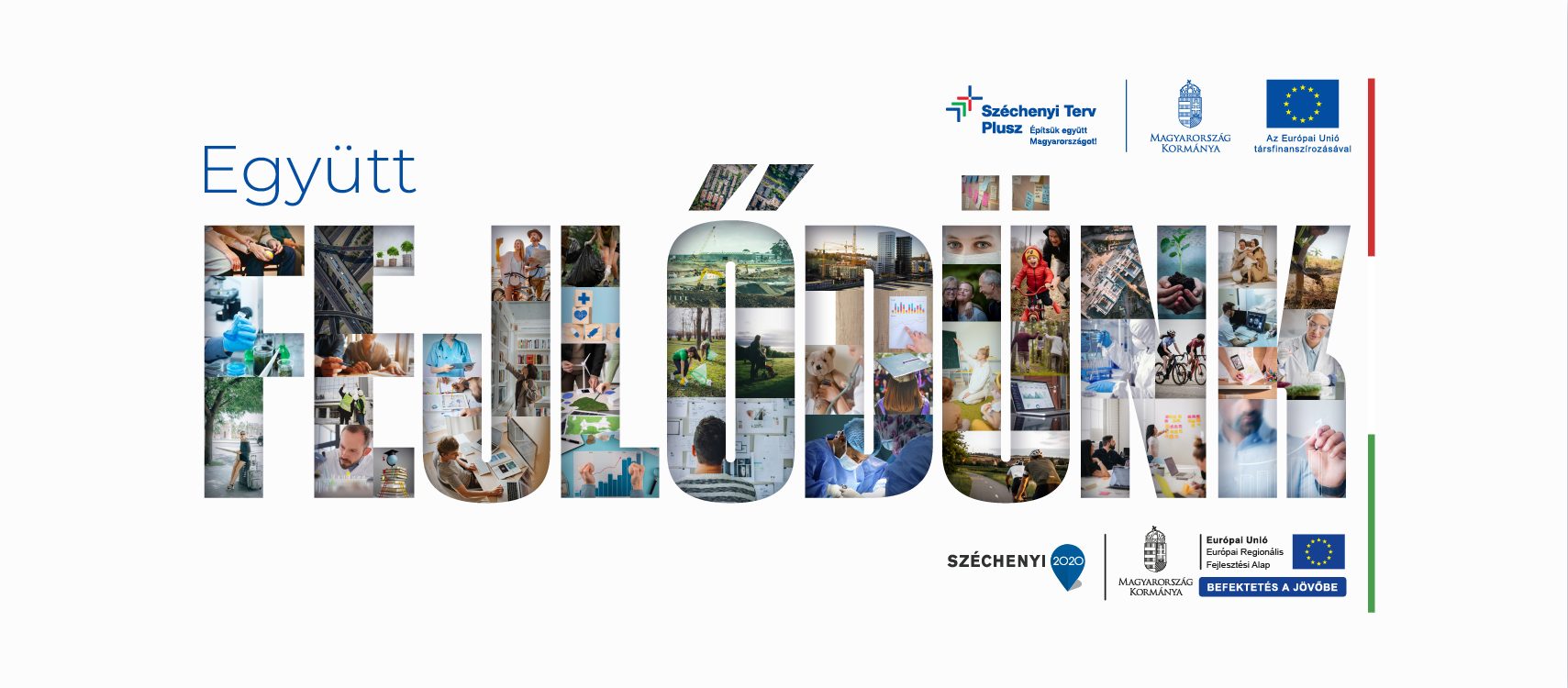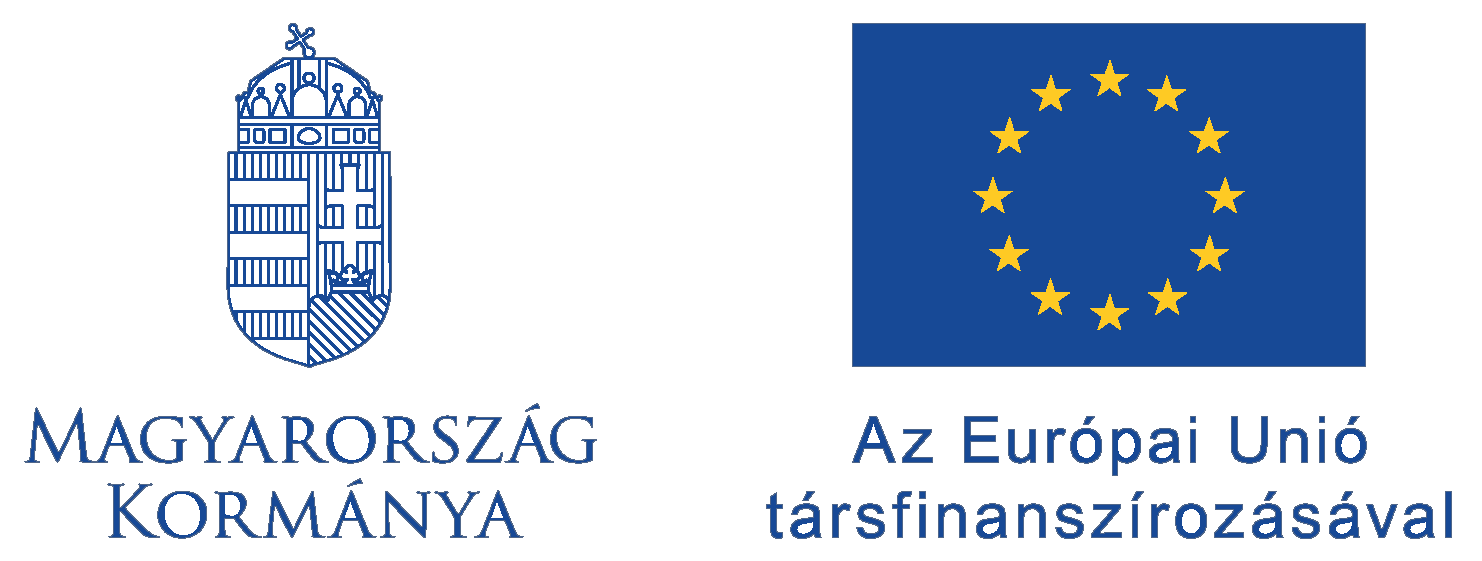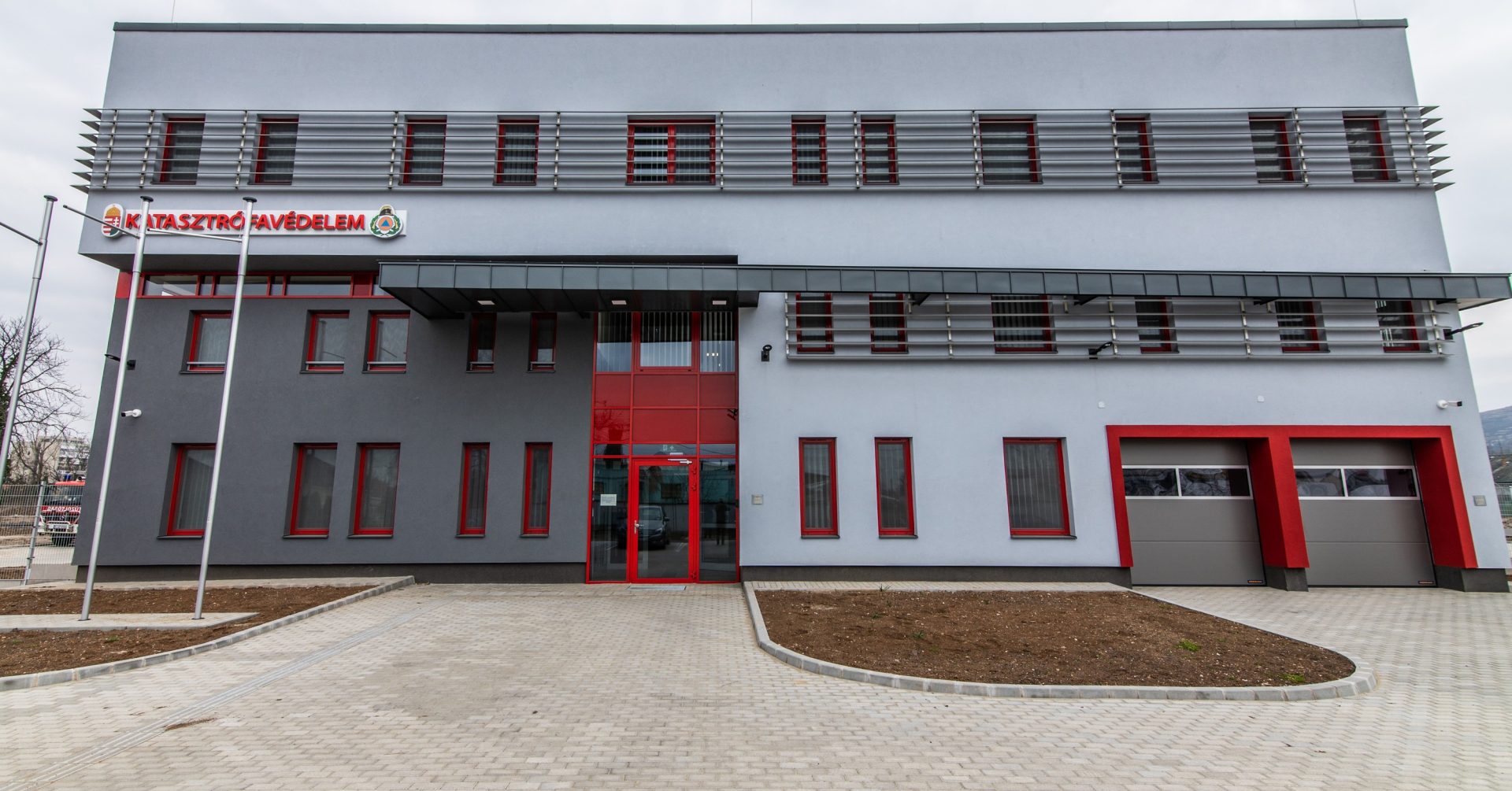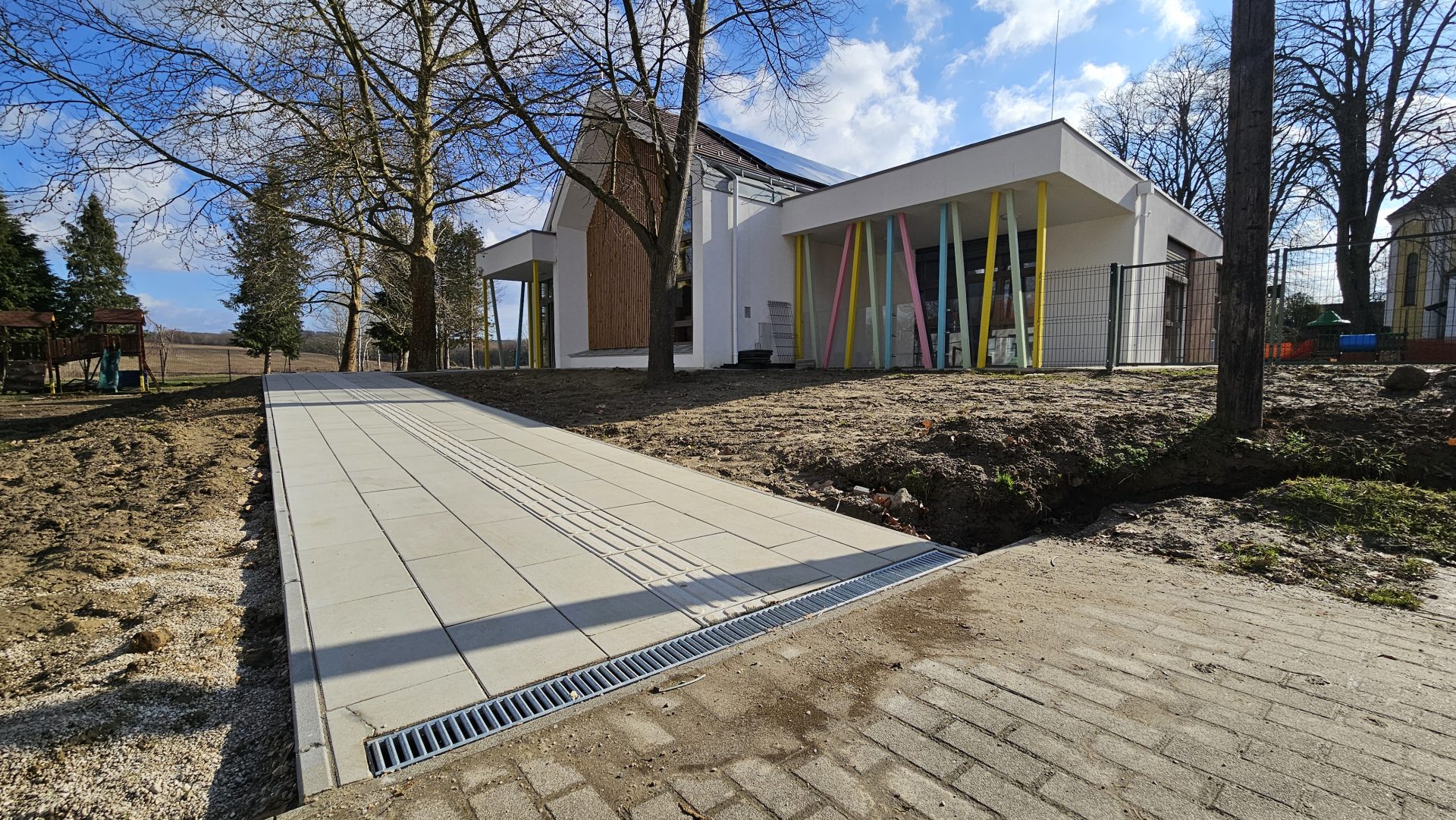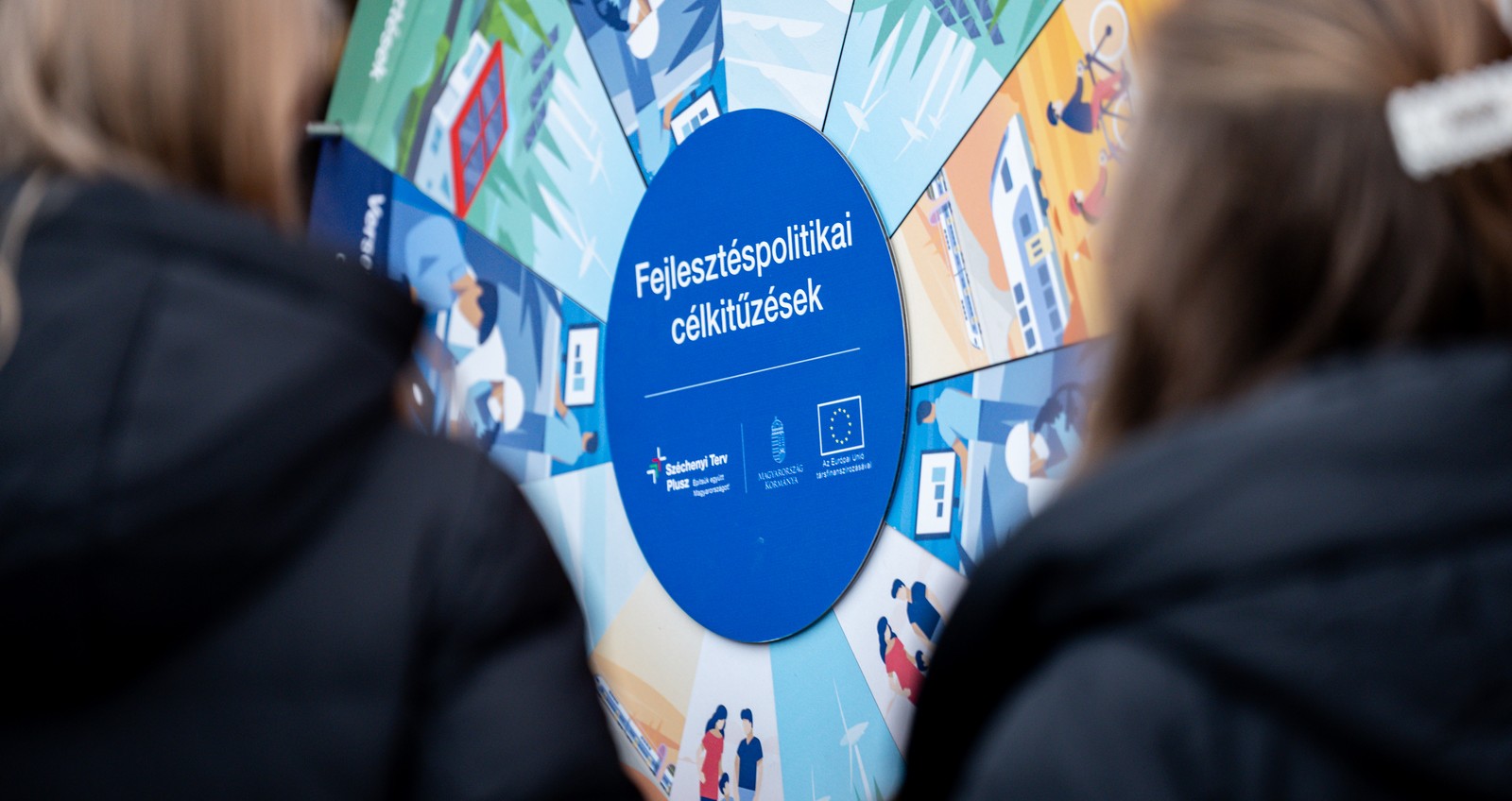The Moholy-Nagy University of Art and Design’s (MOME) project, which was implemented from the European Union funding under the Human Resources Development Operational Program, aims to make STEM (Science, Technology, Engineering, Mathematics) fields more attractive by developing creative, technical, and practical skills.
Through workshops, summer camps, competitions, open days and company visits, the project aimed to make STEM education more appealing to students in primary and secondary schools. The programs included a special focus on introducing the world of self-driving cars.
Another important objective of the projects called “New Paths of the Future in Career Choices and Autonomous Driving” was to create integration methodological guidelines related to the curriculum. These guidelines were developed following generational and target group research and analysis. The resulting studies allowed for more effective targeting of the relevant generation, thereby laying the groundwork for successful recruitment of students by institutions. The initiative was motivated by the fact that in recent years, there haven’t been enough young people applying for STEM education in Hungary to meet the demands of the domestic labor market, jeopardizing economic stability and further development according to feedback from affected companies. The application rate was clearly low, making real competition in education practically impossible.
Therefore, it is crucial that the target group in early career orientation can gather information from multiple sources and forums. With this aim, the Moholy-Nagy University of Art and Design hosted students from the Medgyessy Ferenc High School and Art Vocational School for a skills development and interactive workshop. Combining creative thinking, technical knowledge, and manual modeling, students were able to create their own timekeeping devices. Forty students from Debrecen who attended the event were introduced to new ideation methods, basic Arduino programming, and manual assembly methods. The purpose of the event was to create a creative workshop where the design, technical, and implementation phases are intertwined, arousing interest in design thinking, technological implementation, and manual prototyping.
The development was implemented from EU funding in the project EFOP-3.4.4-16-2017-00030 under the Human Resource Development Operational Programme.
Find out more about the project in the Project Finder:Details
